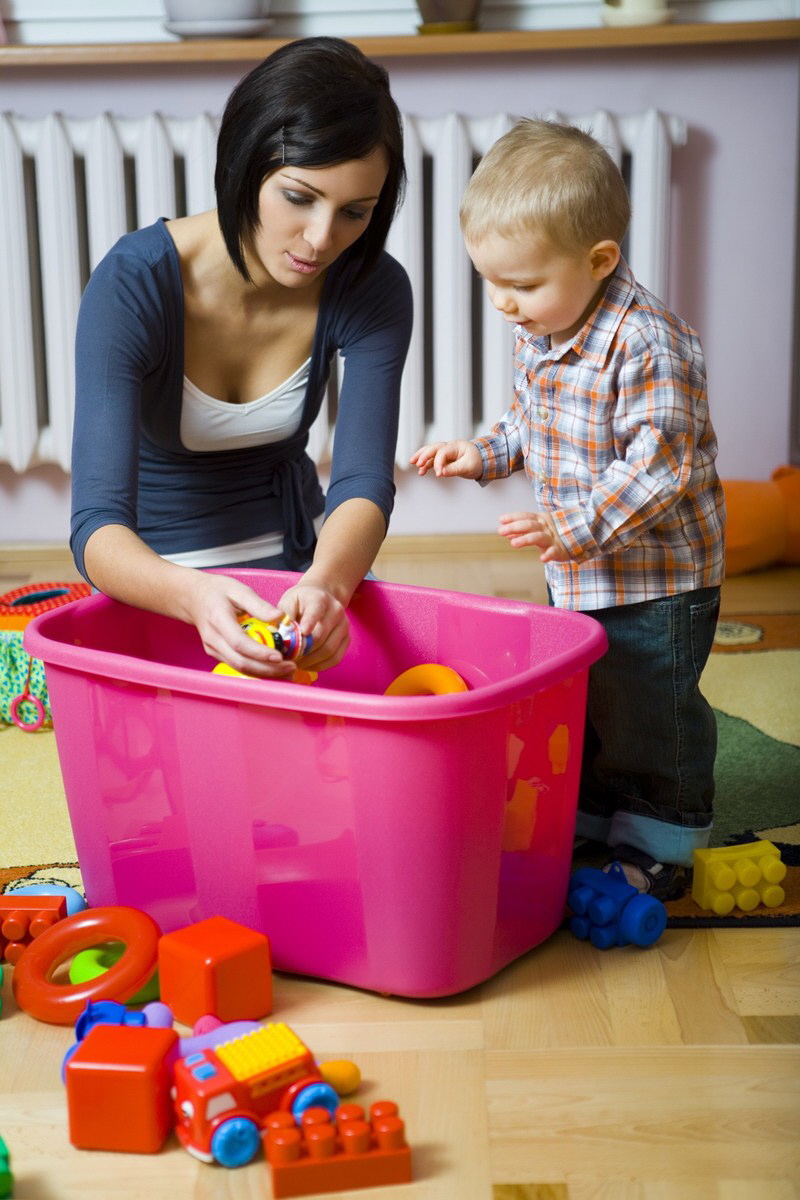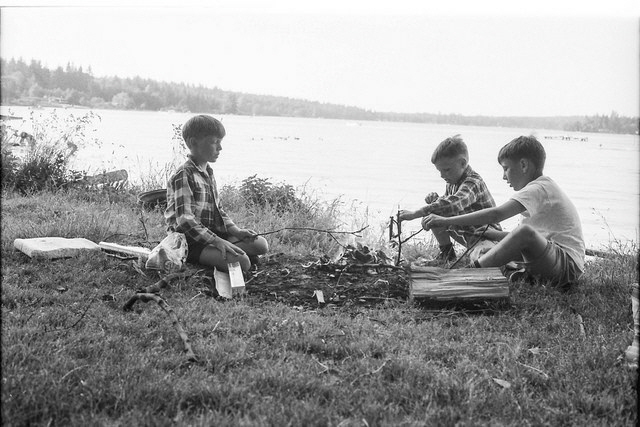|

Encouraging Imagination
August 26, 2014࿒
Your role, as parent or adult, in a child’s imaginative play is to facilitate, encourage, tolerate and supervise appropriate learning situations and opportunities. Children will engage in imaginative play given the chances to do so. Getting them those chances allows their exploration, learning and growth.
Curiosity is a good thing. You may be curious about why I said that? You want your child to learn, well, about practically everything at the appropriate time. Wouldn’t it be great if they learned lots of stuff on their own and in their own time? So, we want our children to explore and learn and they will as they play. Play is a child’s work. Play is where most of their learning will take place. Curiosity is one the engines of play.
What about knives? You don’t want your young child playing with sharp knives. You don’t want your young child playing in the street. Why not? Safety issue right? You don’t want your child to be hurt. However, it would be completely appropriate for your child to use a knife to help you prepare food in the kitchen. Back to the safety issue. Your child is going to cross boundaries. He’s going to have to learn about sharp knives and dangerous streets, and electricity and standing on unstable stacks to reach cookies. Your job is to teach your child more than “NO”. Your child is running for the street and you yell “Stop”. Now what? Do you, “Do not go in the street”? Or do you wrap your child in your arms and hug them while explaining you were really scared about them being hurt; how dangerous the street can be. And why we have a rule about staying on the sidewalk. (Which is presumably to keep them from getting run over by crazy or unobservant drivers.)
In the first case “NO” will be all they hear. In the second case, you are catering to your child’s natural curiosity and allowing them to put the pieces together about your concerns and their actions and logical consequences. They may not fully understand the danger of being in the street and their safety but they do care about you and your approval. As they grow, around age 27, they will care about safety and more realistically evaluate the consequences of their actions. Fortunately, we, parents, only have direct responsibility while they are in our home and under the age of the majority.
People will ultimately do what they are positively reinforced to do. Yes, you can affect behavior with negative reinforcement. Negative reinforcement might be a hand slap, spanking, or even the tone of your voice. Negative reinforcement is really positive for the parent because often the result is immediate. However, no one, including your child, likes being negatively reinforced. Positive reinforcement is something we, parents, have to really practice because we were probably not raised that way and certainly not schooled that way. (Whole article on Red Pen World and how the focus of years of schooling is on the 5% you missed not the 95% you got right).
An easy way to use and practice positive reinforcement is to interact with your child when they are doing great. You may think “They are playing so quietly. I don’t want to disturb them”. Instead when you note the first part, “They are playing quietly” catch them being right, give them some positive reinforcement by saying, “Hey just checking on you. I’m doing the laundry. You doing ok? Love you.” They will likely say, “No Thanks Mom” or ignore you. But you have let them know, “you’re around”, “you’re here to help”, and “you love them”. That all sounds pretty good, positive, to me.
Children can be responsible. Especially when they understand it’s to their benefit to do so. We were raised in Texas. All my childhood, and for everyone I knew, we were not allowed to play with sticks. Imagine my surprise after I moved to Canada ,where we raised our children, and they have a national obsession, hockey, where the a fundamental premise is to use a stick to the best of your ability. Children in Canada are encouraged, perhaps forced, to use sticks at an early age. So, what’s the message here? Texan children are fundamentally different than Canadian children? Texas Sticks are more dangerous than Canadian Sticks? The message is that Canadian children are taught the consequences of using sticks and encouraged to learn how to play with sticks safely. Hockey does have penalties for tripping, slashing, high sticking, spearing and hooking. Do hockey players still do these things – yes. Are there logical consequences when they do – yes; they get sent to the penalty box.
Your kids can learn to safely play with sticks and do other potentially dangerous things given rules, guidelines, explanations, appropriate consequences and good modeling.
If you have been around children very much at all then you have had an experience similar to mine. I was visiting my then five year old niece and trying to be the good uncle by showing interest in her activities. She was happily drawing at her little table in the kitchen. When I came in the room, she made a big deal of showing me her drawing. Let me regress and partially defend myself by explaining that for the last several months she had been totally immersed in her My Little Pony Collection. Honestly I couldn’t tell what her picture was but it looked like it had legs so I said, “Allison that is the most beautiful horse I have ever seen.” Allison gave me look like I was from another planet and took her picture of her bedroom away to someone that could appreciate art.
Since then I’ve learned more about children and open ended questions and now in the same circumstances I would say, “Allison, wow, I really like that. Tell me about your drawing”. Yes being gratuitous is probably not the best but I am an uncle after all. My main points are 1) positively reinforce the child for their creativity and original work. 2) Everyone appreciates enthusiasm and justified praise. 3) Hardly anyone appreciates flattery and judgment. And it’s so easy to judge, “best”, “nice”, “beautiful”. You can always have your opinion. That’s why saying, “I like that.” is almost always a safe thing to say. 4) Encourage interaction with open ended questions instead of statements. “Tell me about ….” is always going to get them talking, maybe more than you are ready for. “I love your painting” is something uneducated gratuitous uncles say.
Another way we adults judge children is with money. Remember, children don’t think about things the way you do. (Especially with regard to money children might be defined as anyone else in your immediate family at any age or time of their life.) Is money important and something you want your children to learn about? Of course it is. So how do we facilitate that? By letting your child exercise their own judgment and imagination about their money. Where do they get their money? You give them an allowance. Remember your child’s job is playing. Now who pays your child to play? You do. Pay your child an appropriate amount for showing up. Your child gets an allowance for being part of the family. We gave our children half their age per week. A four year old gets two dollars per week. A five year old gets two dollars per week. You may be able to afford more or less. Just make sure it’s standardized and dependable, a salary. Payable on Saturday; independent of their attitude, behavior, or contributions for the last week; their allowance was something they could depend on. The money was theirs to do with what they pleased. They could use their money for anything they could imagine. Would we rather they buy a nice toy or a book than Pop Rock Candy – of course. Is that our judgment of value and not theirs – obviously. Let your children have their way with their money. They get to make choices for themselves and live with the results. Eventually you want your children to be independent thinkers and good money managers– right? Practicing has got to help. If you model saving, giving and investing maybe they will to.
Your role in your child’s imaginative play is to facilitate, encourage, tolerate and supervise. Facilitate means give your child opportunities to be a pirate or a princess. Ideally you have a space where “the castle” can be left up to allow them to continue imagining. Encouraging means showing interest by positively reinforcing and being non-judgmental. Tolerating means living with a mess now and then. Or cleaning up after they play with snow on the kitchen floor. Supervise means exercise your responsibility to ensure your child’s safety and provide some boundaries, and guidance with regard to fair play and justice.
Fire up your imagination to help your children kindle and develop theirs.
|